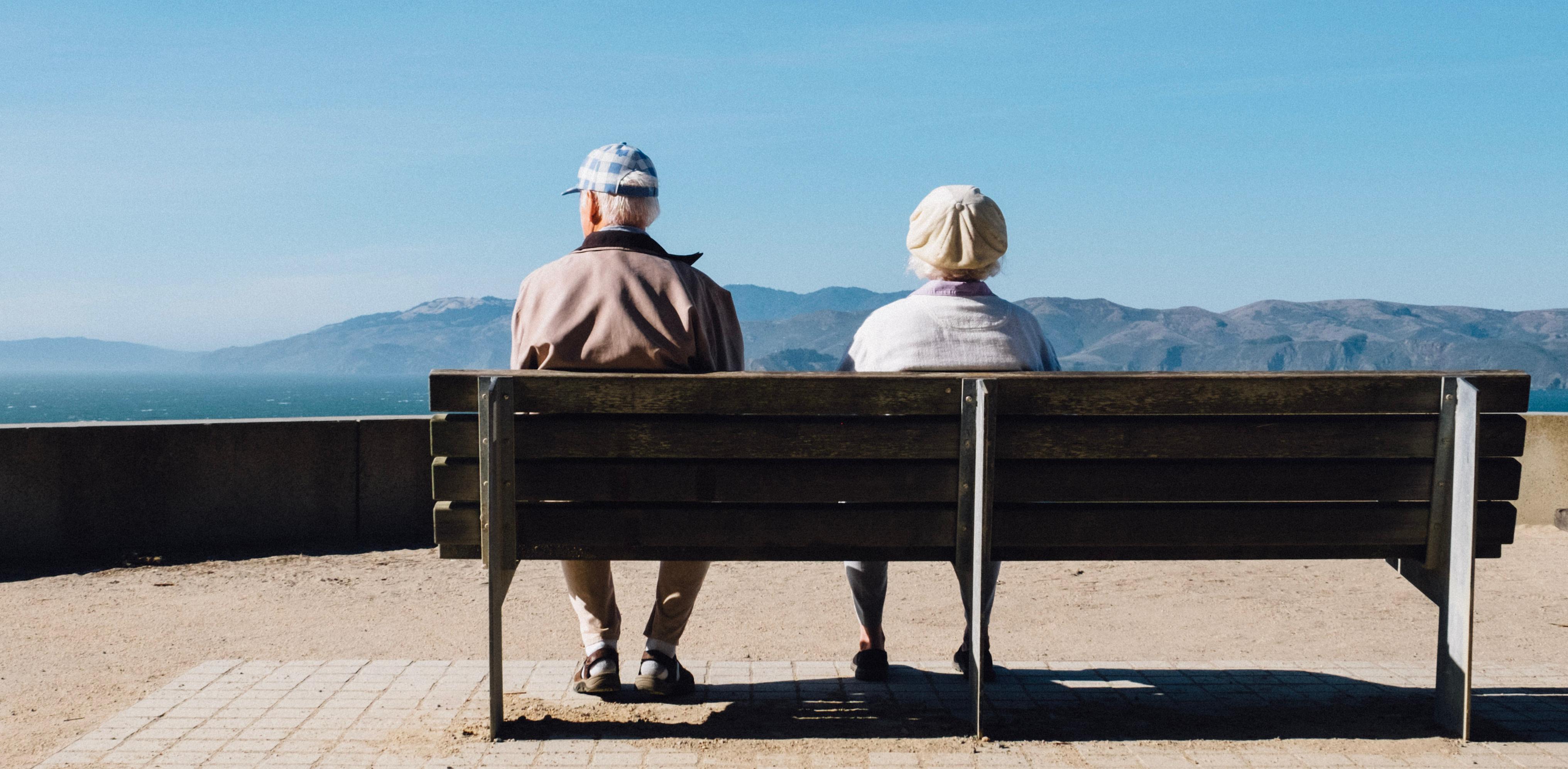
Decade of Healthy Ageing 2021 – 2030
The United Nations has proclaimed 2021–2030 the Decade of Healthy Ageing, with WHO leading international action to improve the lives of older people, their families and communities.
The Decade brings together a variety of stakeholders galvanizing concerted action to:
- change how we think, feel and act towards age and ageing;
- develop communities in ways that foster the abilities of older people;
- deliver person-centred, integrated care and primary health services that are responsive to older people; and
- provide older people access to long-term care when they need it.
Initiatives undertaken as part of the Decade will seek the participation of older people, who will be central to and fully engaged in this multistakeholder collaboration.
COVID-19 and older people
Although all age groups are at risk of contracting the COVID-19 virus, older people face a significant risk of developing severe illness due to physiological changes that come with ageing and existing underlying health conditions.
People in the second half of their lives are bearing the brunt of the COVID-19 pandemic, which is exposing the flaws and shortcomings of various systems, including health, long-term care and support, social protection, finance, and information-sharing.
The Decade of Healthy Ageing is an opportunity for concerted, sustained focus, investment and action to foster healthy ageing and to tackle factors that impact older people’s health status and contribute to their increased susceptibility to serious illnesses.
European Programme of Work and Ageing
The Decade acts as a reminder to consider the specific needs of older people, as well as the opportunities that ageing brings, when developing activities in line with the European Programme of Work:
- moving towards Universal Health Coverage requires considerations about age and older persons’ specific needs;
- to better protect people against health emergencies, we must ensure that older people and other potentially vulnerable groups are not left behind;
- lastly, many of the public health measures that ensure healthy lives and well-being for all at all ages are highly effective up to the oldest age groups.
Multistakeholder and multisectoral action led by WHO
WHO will act as the lead in close collaboration with the United Nations Department of Economic and Social Affairs and its regional commissions, the United Nations Population Fund, the Office of the High Commissioner for Human Rights, the United Nations Development Programme, UN-Habitat, UN Women, the World Bank, and other relevant national, international and regional organizations.